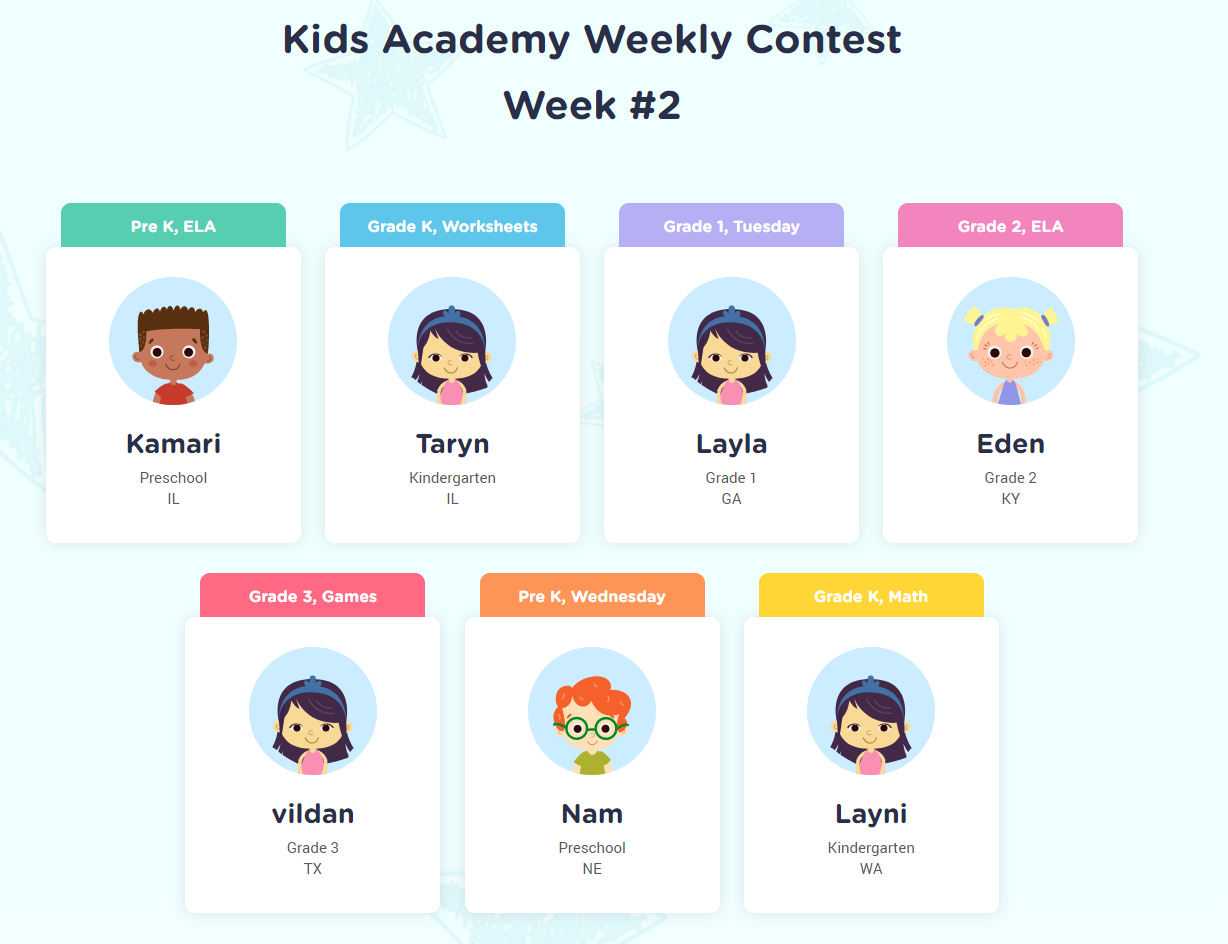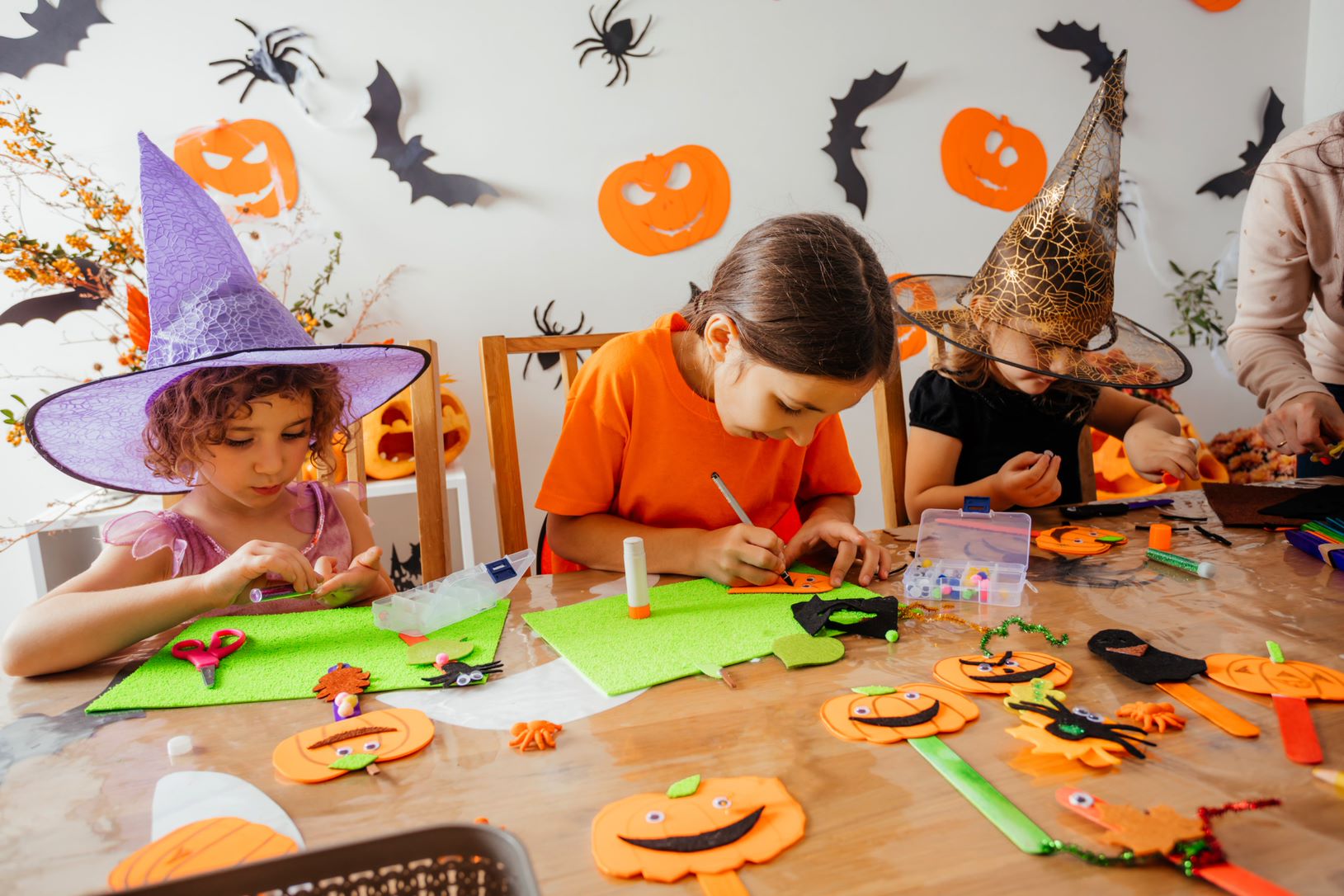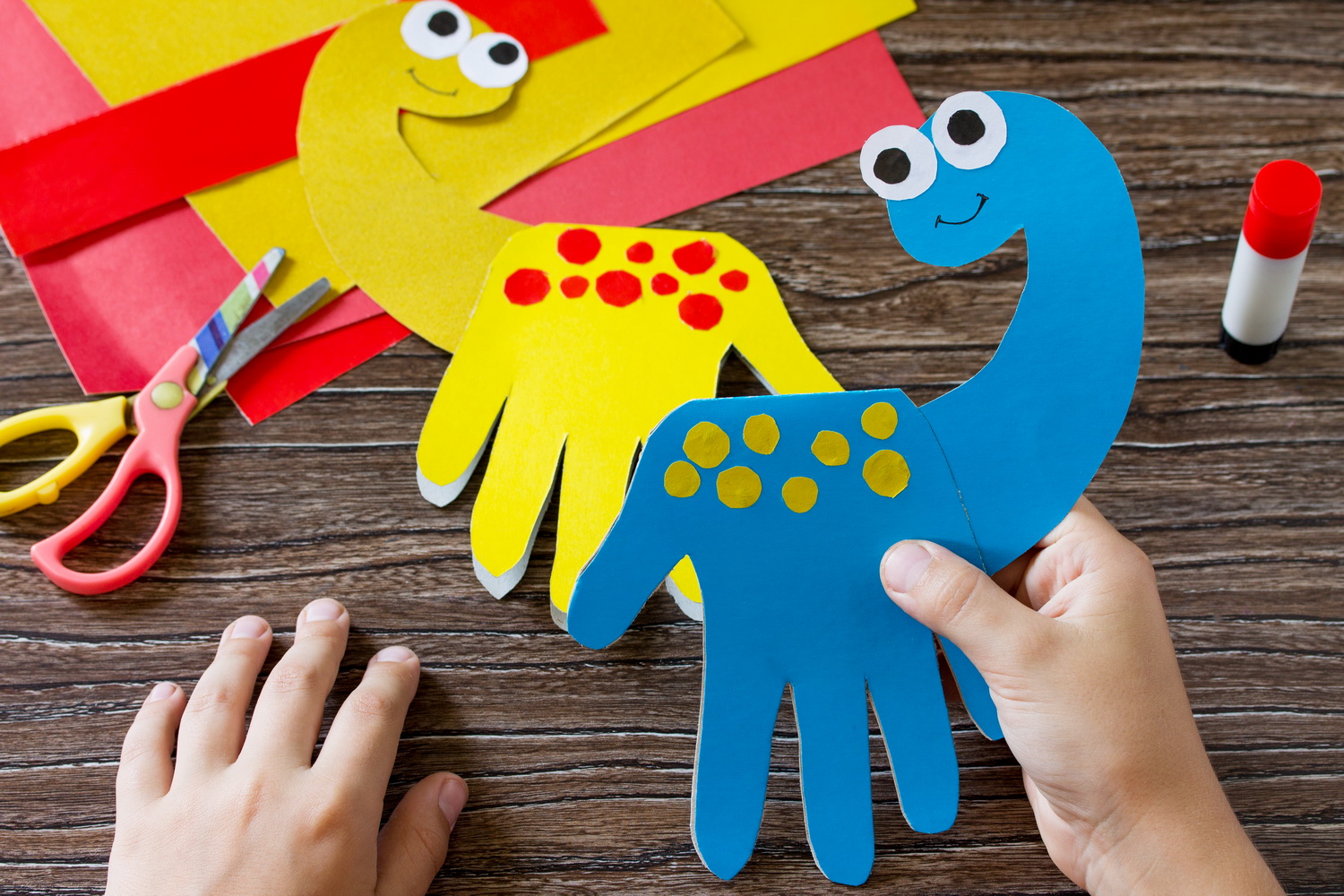How to Make Learning Meaningful for Students — Main Strategies & Attributes
Jan. 8, 2020
If you’re an educator, you’ve seen and heard it many times before: a head down on the desk, the glazed eyes, or a sigh of exasperation when kids are told to get out paper and pencils. As a parent, you might have noticed the same behaviors at reading or homework time, but perhaps with the added symptoms of whining and maybe even a few tears.
Boredom. Like a fast-moving forest fire in the night, it seems to strike when you least expect it: in the elementary to middle school years.
Infants, toddlers, and even preschoolers are notoriously curious creatures. Our kids are born with a high level of enthusiasm for learning, which is understandable as they are just discovering all the wonders in the world around them. Most kids take this excitement with them into kindergarten and 1st grade, but for many children, as they progress towards the middle grades, they can feel disenchanted with learning, and some grow downright bored with school.
As parents and teachers, we understand the importance and impact that a good education can have on a child’s future. But for our kids who may be struggling with staying engaged in the classroom, they often don’t understand its significance in any long-term way. After all, according to our in-the-moment little learners, why in the world would anyone need to use fractions in real life?
Join us as we take a deep dive into what makes kids lose their natural curiosity. We’ll break down what makes school so boring for some kids, and what parents and teachers can do to spark a new love and intrigue for learning.
Why Do Kids Get Bored at School?
.jpg)
As was mentioned above, children are born with a natural curiosity about the world around them. For their earliest years, kids are constantly striving to learn everything they can soak up, just like a sponge. As they get older, some kids tend to lose steam, especially around the middle of elementary school, as concepts get harder, and homework becomes more plentiful. But what exactly is it that turns their eyes from bright to glazed? Some of the factors include:
- School work that isn’t challenging enough for a gifted learner
- Topics that doesn’t seem relevant to student’s lives outside of school
- Students who are struggling, but are too afraid to ask for help
- Frustration from multiple failed attempts, without adequate help or support
- Lack of a choice over what they learn or do
- Problems in home life that interfere with a student’s natural drive to learn
Clearly, there is no single cause or definition of a bored student, considering that there are many very different reasons for why children become disengaged. Regardless if you are a teacher or a parent, the first step to reigniting any child’s passion for learning is to determine which factors might be affecting any one particular student. Once the contributing factors are identified, strategies can be employed to ensure that learning experiences are more meaningful and engaging.
The Confusing Concept of Meaningful Learning
Speaking of meaningful and engaging learning experiences, you might be wondering exactly what does meaningful learning mean? Most adults might assume that all learning experiences are meaningful. And while most people learn from their experiences, both good and bad, in teaching, lessons must be planned so that students can clearly understand what it is they are supposed to understand, and why it is important to their lives outside of school. Below are a few attributes of meaningful learning:
- It’s active; this means that kids can actively use the concept, and relate it to other ideas
- The skills are useful, and can be applied in real life
- It’s long-lasting, meaning that information is easily retained, due to its relevancy
- Students can transfer the knowledge learned to other subjects, problems, or skills
Overall, if meaningful learning isn’t occurring in the classroom, kids will quickly forget the information, or worse, tune out. Therefore, as soon as kids think that the concepts they’re studying are unimportant and irrelevant, they shut down. They then become bored with school, assuming that all classwork is boring and not worth their time.
What to Do When Your Child is Bored at School: A Parent’s Primer
.jpg)
So what can a parent do once they notice that their little learner doesn’t love to learn anymore? Try the following techniques to rekindle your child’s curiosity for learning:
Ask yourself if your child needs to be tested for special services
Think honestly about whether your child might need services to help him or her become and stay engaged. Learn about the characteristics of gifted and talented learners, and request testing if you think your he or she needs more of a challenge in school. Conversely, there is absolutely nothing wrong with asking your campus to test to see if special education services are needed, or about a 504 Plan if your kid has been diagnosed with ADHD. Think carefully about whether your kid would just rather play video games, or if there is a bigger issue going on, such as frustration with schoolwork that can be solved with extra support.
Limit technology as entertainment, but utilize it for learning
Kids have access to technology today that no previous generation experienced from such an early age! Technology is amazing, but it also has its disadvantages when it comes to social media and video gaming. There’s no doubt that kids love their screen time, but if they use it as solely entertainment at home, put some limits on their YouTube or Netflix usage. Instead, harness the power of technology for good and utilize it for learning by allowing your children to use it only for educational apps, and homework.
Model your love for learning to kids
Do you love to read books? If so, be sure to let the kids see you reading! Even if you’re reading online news articles, describe your love and habit for reading whatever it is you’re into. If you’re a sports-lover, bring home a Sports Illustrated magazine, and model your interest for your child. In addition, don’t forget to talk about educational topics you love or are passionate about. Share your ideas about animals, kid-friendly politics, or STEM topics with your kids!
How to Make Learning Meaningful for Students
.jpg)
If you’re an educator, you might be wondering what you can do to support the kids who are losing interest in your class. Check out the following tips to pique your students’ interests:
Learn about your students
Early in the year as you try different types of lessons, look for indicators of student interest. In other words, find out what your students love! Get to know each of your students to find out what they are interested in and weave those interests into your lessons. For instance, do many of your students this year love your local football team? If so, create interesting math word problems that talk about the team or players!
Offer more choices and variety
Sure, students need guidance and direction, but allowing them a choice can make them feel more invested in their work. Try to offer more choices in what they can choose to write about or do. This might mean anything from providing a list of prompts for a writing assignment or including free center time at some point during your daily routine. Along the same lines, offer variety! Mix up your lesson plans so your students aren’t completing the same types of work each day. Vary classwork so they aren’t always completing fun worksheets. Instead, plan for a wide variety of different types of activities across subjects.
Differentiation is a must
You’ve heard it before from administrators, and it might be frustrating to have to plan individual lessons and assignments for different levels of learners, but it is necessary if you are hoping to engage all your students! Group students for collaborative work, use blended learning strategies, like station rotations, and design centers that caters to students with a variety of needs.
As a teacher, it can be frustrating to deal with multiple students who just don’t seem to want to learn. Luckily, once we understand the reasons some kids grow bored with school, and what makes learning meaningful, we can employ strategies to help reignite their passion and curiosity. Whether you teach or are a parent, try the tips above and watch as your child’s love for learning blossoms once more!



.jpg)







